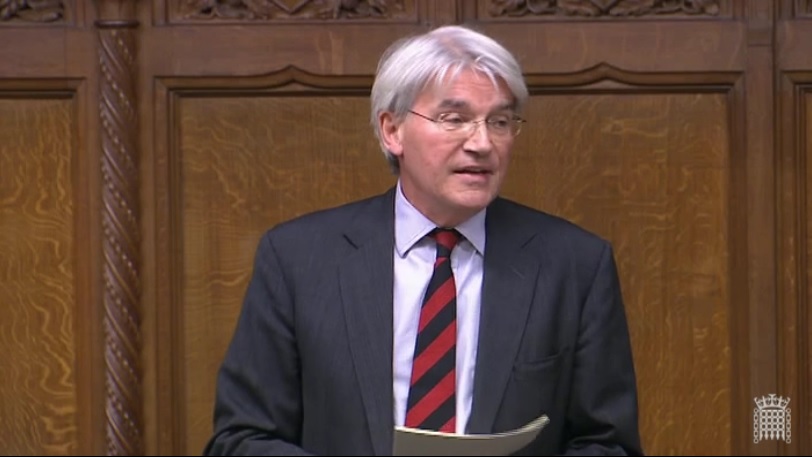Andrew Mitchell backs calls for judge-led inquiry into mistreatment of detainees and rendition after 9/11.

Mr Andrew Mitchell (Sutton Coldfield) (Con)
Not withstanding my right hon. Friend’s mellifluous and reassuring tones, it is pretty reprehensible that the Father of the House has had to raise this matter yet again. Not only were he and I members of the Cabinet that promised the House this inquiry nearly 10 years ago, but it is day 378 since the 60-day promise made by the Government and reinforced by my right hon. Friend the Minister for the Cabinet Office in answer to a written question from me. The damage that this has done to the UK’s precious international reputation is not well understood. This is not about hauling individuals before the courts; it is about transparency, openness, leadership and lessons learned.
The right investigation would have been by the Intelligence and Security Committee; a senior group of Privy Counsellors would have been best placed to handle this, and it would have been cheaper, but we are asking for this inquiry, the Government having hobbled the ISC’s inquiry. We are thrown back on a judge-led inquiry, but it must be a judge who is not part of the securitocracy.
Mr Lidington
Looking at international practice, I think we in this country can point to a system that requires high standards, and that is remarkably transparent, given the extremely secret nature of some of the personnel and operations that are relevant here. We now have a statutory role for the Investigatory Powers Commissioner, and we have his annual reports, including on detainee policy. We have enhanced powers for Parliament’s Intelligence and Security Committee, and the Prime Minister no longer has the power to appoint its Chair. The framework established by the Justice and Security Act 2013 and the Investigatory Powers Act 2016 measures up against the best standards in the world.
